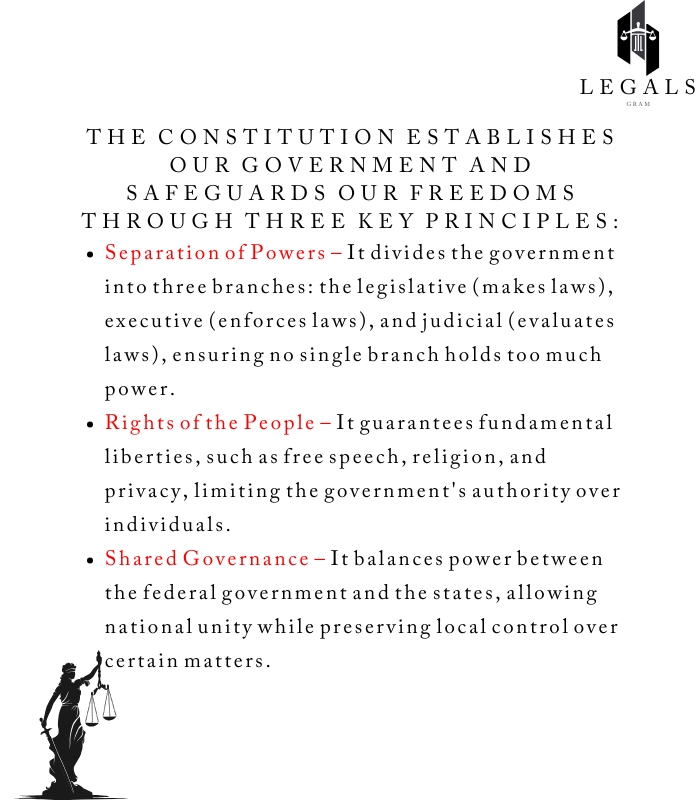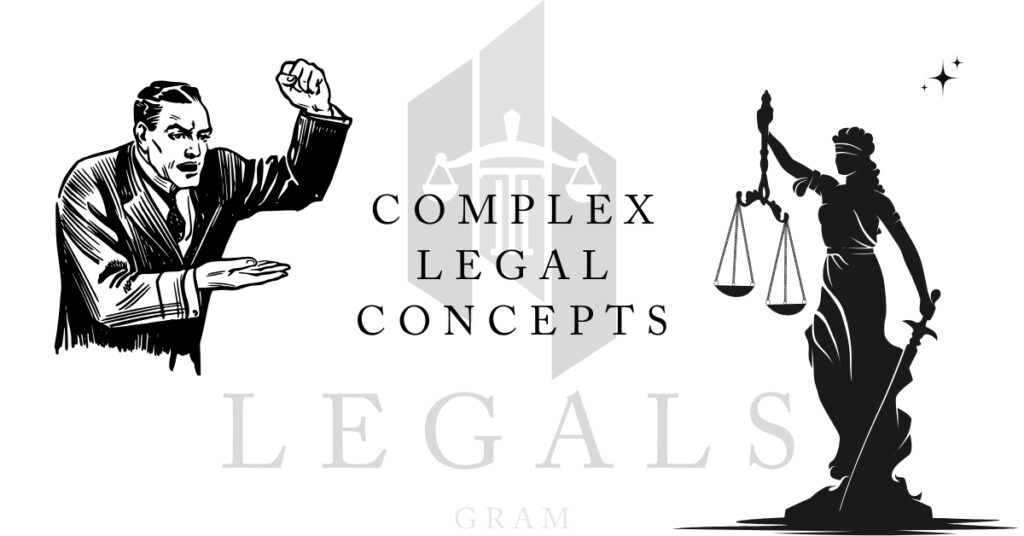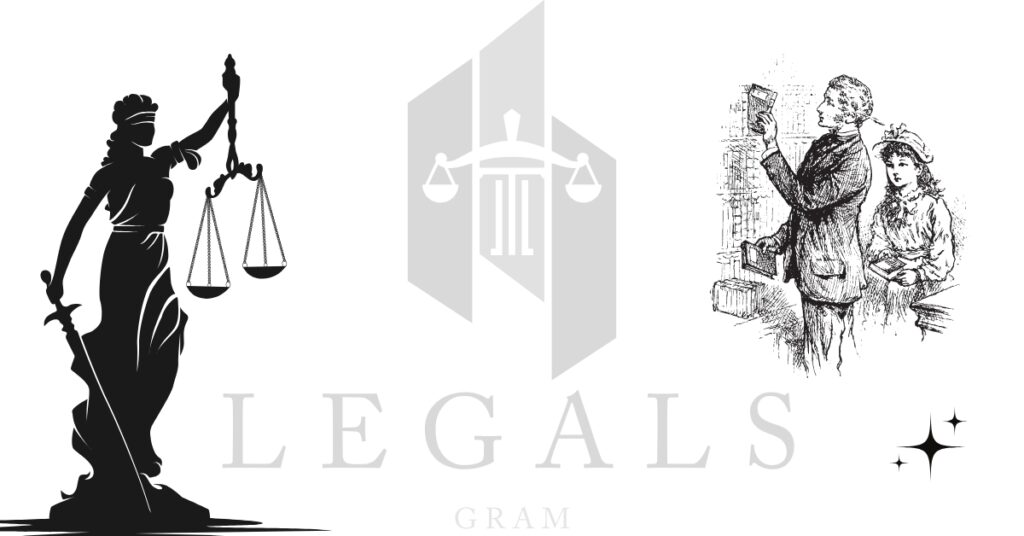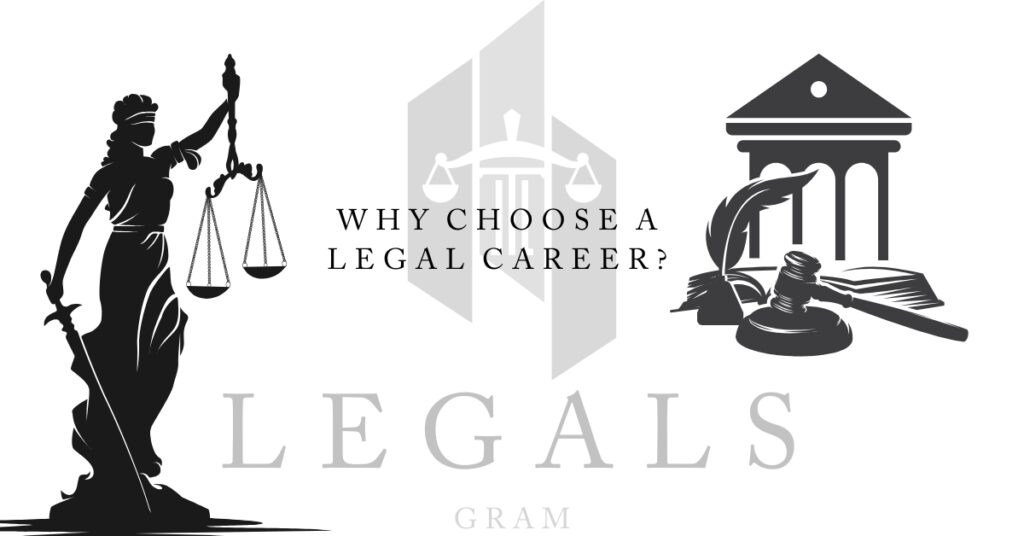Law and its terms may sometimes sound as though they are written in a different language. Being smart doesn’t always keep people from getting confused by a lawyer’s statements. It reinterprets difficult notions of law to make them clear to everyone.
Why Legal Language Feels So Hard
Lawyers regularly use expressions that are taken from Latin and French. They often make their sentences long and include several clauses in them. As a result, simple points of view look complicated.
Zeal for accuracy is an important principle in the legal system. Using the wrong word at the wrong time may affect the outcome of the case. That’s why government reports tend to be overly complex and hard for regular readers to understand.
Contract Law Made Simple
A contract is basically an agreement between a number of people. Purchasing coffee involves making a contract. You promise that you will pay money. The promise of the shop is to give you coffee.
Key Contract Terms:
- Offer: “I’ll sell you my car for $5,000”
- Acceptance: “Yes, I’ll buy it”
- Consideration: What each person gives (money for car)
It is common for contracts to be simply spoken and understood by both sides. There are exceptions like buying a house or entering into a marriage.
Criminal vs Civil Law: The Big Split
Legal problems fall into two main groups: criminal and civil cases.
Criminal Law, it manages cases that affect the community as a whole. People can go to court when someone in the government files a case against them. Examples for these cases could be theft, assault and murder. Possible punishments are serving jail time or paying fines to the state.
Civil Law, takes care of issues involving disagreements between individuals or companies. A person can sue another to claim compensation or ask for a certain behavior to change. Some examples are car accidents, disagreements over broken contracts and property issues.
Property Rights Explained
Property law covers what you can own and how you can use it. There are different types of property rights:
Real Property, land and buildings are referred to as capital. Purchasing a house includes entitling you to certain rights. It gives you the chance to reside there, to sell it or to rent it to someone else. However, you can’t perform any acts that create problems for your neighbors.
Personal Property, insures the rest of what you own. The things you use every day such as your car, phone and clothes, are your personal property. There is more room to change and adjust these designs.
Intellectual Property, It protects inventive and creative works. A patent is granted for inventions. Copyrights are given to protect books, music and art. Trademarks assist in guarding business names and logos.
Torts: When Someone Hurts You
A tort is the cause of harm done to another person or their belongings. It is possible for the pain to come from intentionally or unintentionally hurting someone.
Common Torts:
- Negligence: Someone acts carelessly and causes harm
- Assault: Threatening to hurt someone
- Battery: Actually touching someone in a harmful way
- Defamation: Saying false things that hurt someone’s reputation
The injured person can go to court seeking money to pay medical costs, lost salary and pain.
Constitutional Law: Your Basic Rights
The Constitution sets up our government and protects our rights. It has three main parts:
The Structure, It provides for three separate sections in the government: legislative (creates laws), executive (carries out laws) and judicial (interprets laws).
Individual Rights, It is important to protect speech, religion and privacy. With these rights, the government is not willingly allowed to do certain things to you.
Federalism, Dividing power between the federal government and states is one of its main functions. In America, certain issues are supervised by Washington. In some cases, the decisions are entrusted to each state.

Evidence and Burden of Proof
Courts rely on proof before deciding on cases. Each case calls for a unique amount of proof.
In Criminal Cases, it is necessary for the government to prove guilt beyond what a reasonable person would doubt. The risk of losing is very high, as it leads to jail time.
In Civil Cases, The standard for making a finding is “preponderance of evidence.” This is most likely the outcome. It is simpler to show since the dispute is generally just about money. The Ultimate Guide to Legal Research for Young Lawyers
Legal Procedures: How Cases Work
Most legal disputes follow similar steps:
- Filing: Someone starts the case by filing papers with the court
- Discovery: Both sides gather evidence and question witnesses
- Motion Practice: Lawyers ask the judge to make pre-trial decisions
- Trial: If the case doesn’t settle, it goes to trial
- Appeal: The losing side can ask a higher court to review the decision
In many cases, the parties resolve the issue before going to trial. It makes things faster and more affordable for everyone.
Understanding Legal Documents
Legal documents use special language and structure. Here’s how to read them better:
Look for defined terms To begin with. They give the meaning of the specific vocabulary used in the document.
Find the main obligations. What obligations are there for each person involved? At what points in their lives is this a requirement?
Check for exceptions and conditions. Most legal documents use “if-then” sentences and list all sorts of possible exceptions.
Note the consequences. What if someone does not keep their promises in the agreement?
Your Rights During Legal Problems
You have important rights when dealing with legal issues:
Right to Remain Silent: You do not have to answer questions from police without having a lawyer by your side.
Right to Legal Counsel: You may still get legal advice, free of charge, during the process of a criminal case, regardless of your budget.
Right to Due Process: An unfair procedure cannot be used to take your life, liberty or property.
Right to Jury Trial: often, regular people, rather than a judge, decide the outcome in serious cases.
When to Get Legal Help
Some situations always need a lawyer:
- Criminal charges
- Divorce with children or significant assets
- Starting a business
- Buying or selling real estate
- Estate planning
For little problems, you could take care of them using helpful websites or local clinics.
Common Legal Mistakes to Avoid
Don’t ignore legal papers. If you don’t answer the case, the court can make a decision for you.
Don’t represent yourself in serious cases. The opposition might be using experts.
Don’t wait too long to act. Most cases in law are limited by statutes of limitations.
Don’t assume verbal agreements are worthless. Many agreements made in words can be legally enforced.
Making Legal Concepts Work for You
Understanding legal concepts enables you to make choices that are helpful for you. You will realize when it’s time to seek help and also understand which questions to ask. Why Choose a Legal Career? Benefits, Challenges & Expert Insights
Begin by understanding the laws that influence the way you go about your daily living. This may mean dealing with tenant rights, the laws that protect employees or regulations for small businesses. Stop Failing Law Exams: 10 Study Tricks You Need Right Now
File your important legal papers in an organized manner so they can be quickly accessed. Copy your files and keep the backups in safe locations.
Build an ongoing relationship with lawyers before you might need help. So, getting assistance is quicker when you encounter problems.
Having knowledge of the law is very valuable. The more knowledge you gain, the easier it is to keep your family safe. It might appear confusing at first, but as you work on them and experience them yourself, things will become easier. How To Avoid 5 Common Mistakes Law Students Make on Exams



